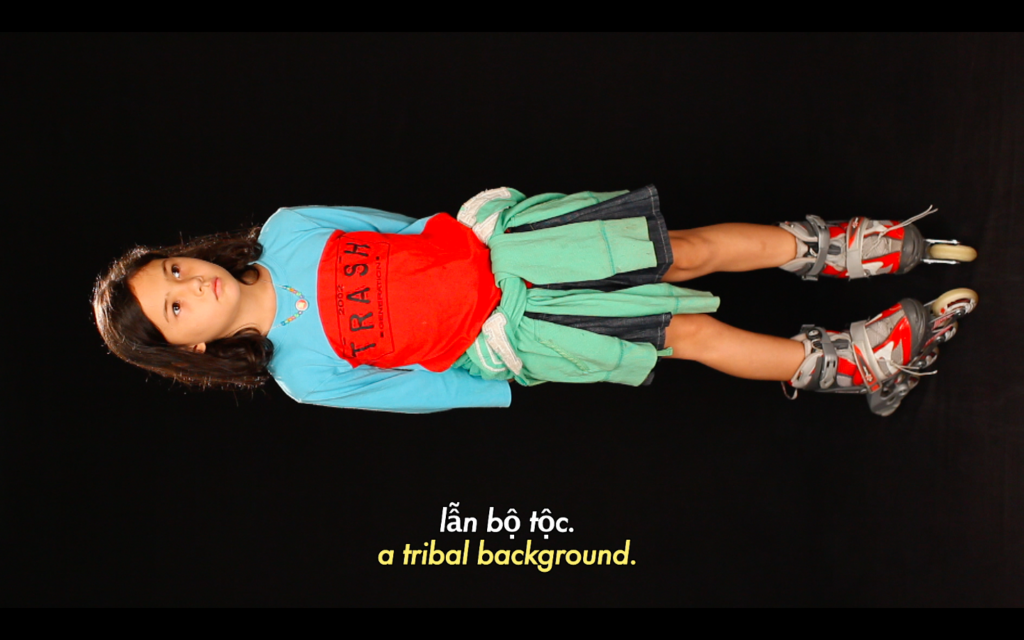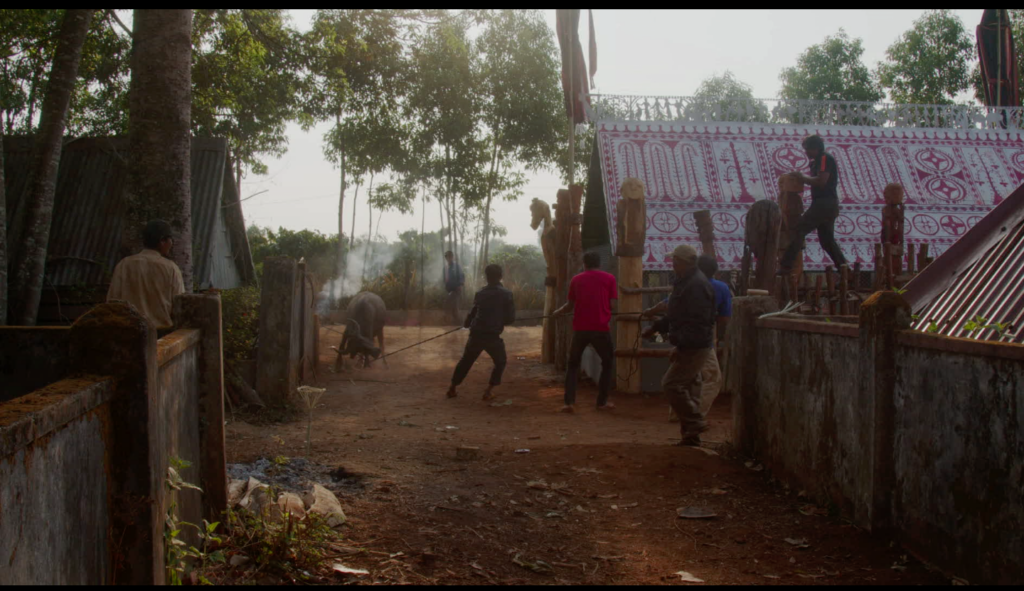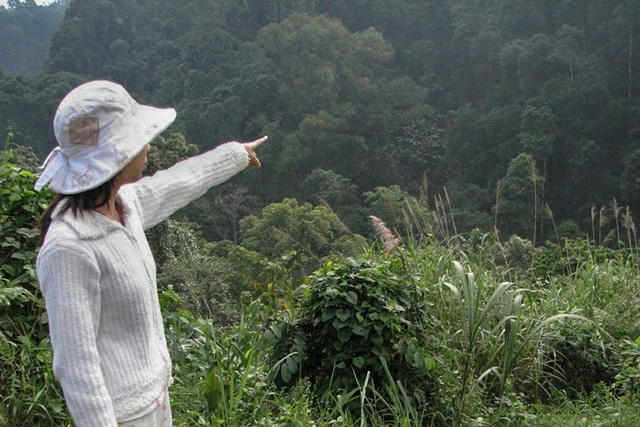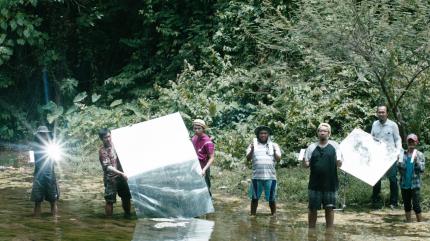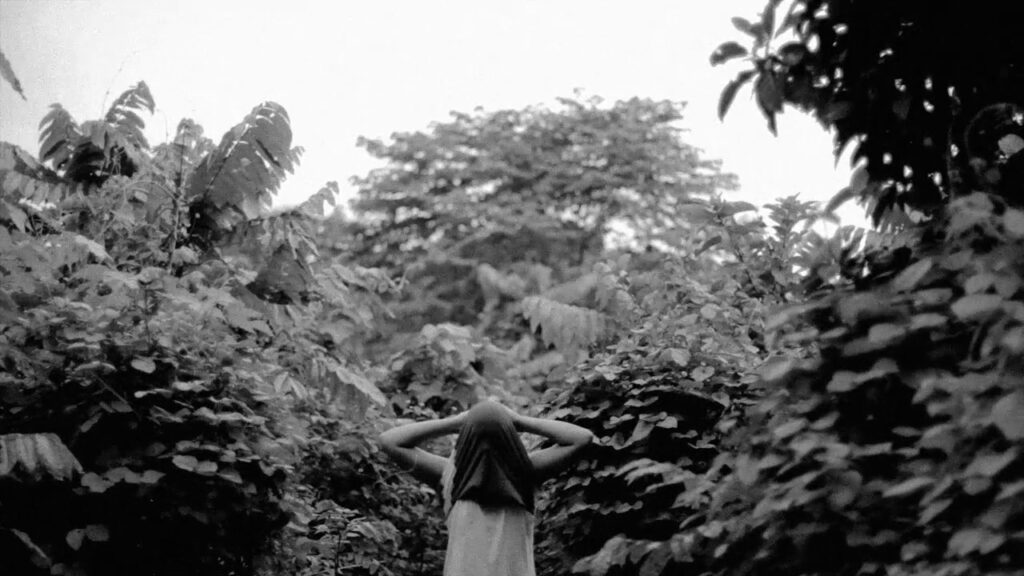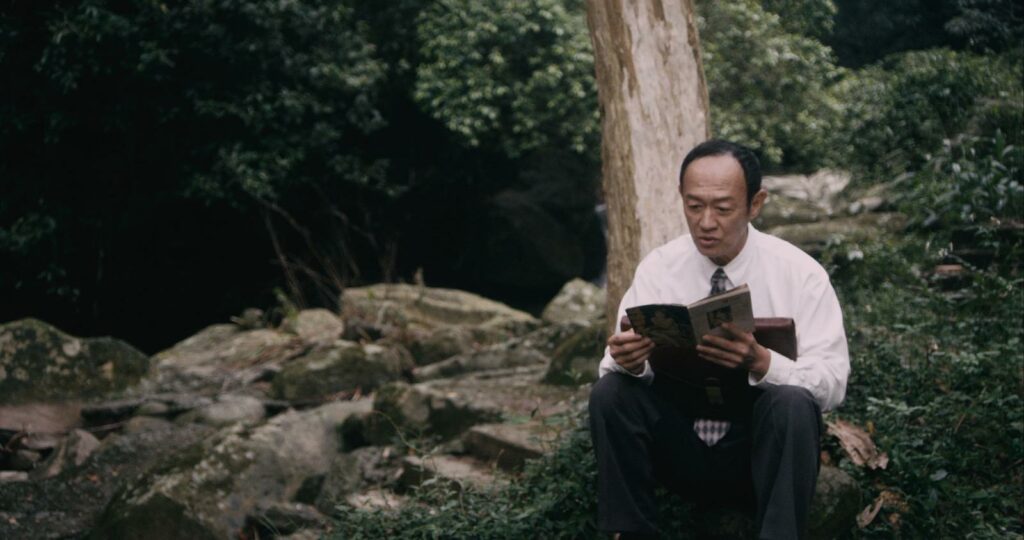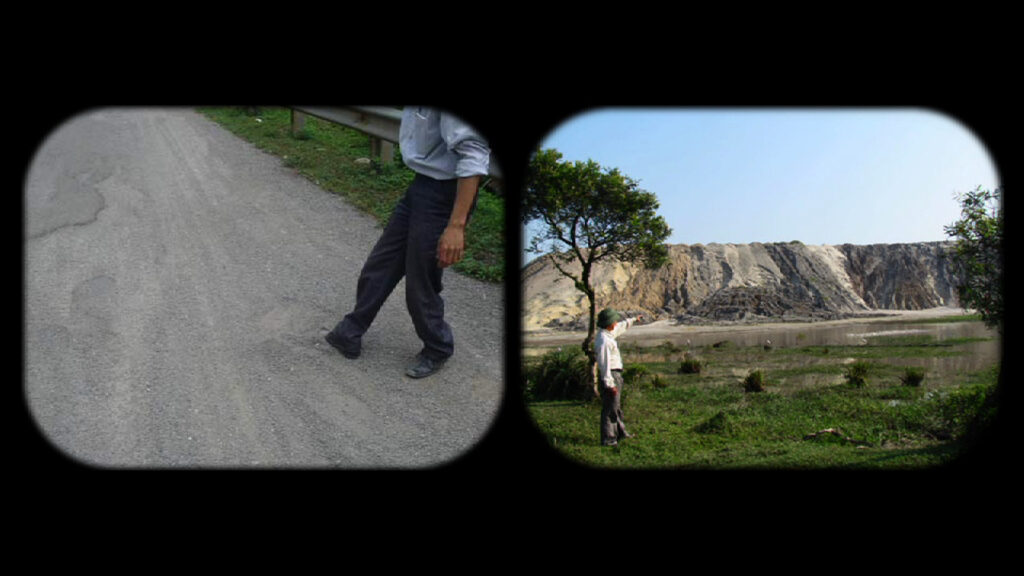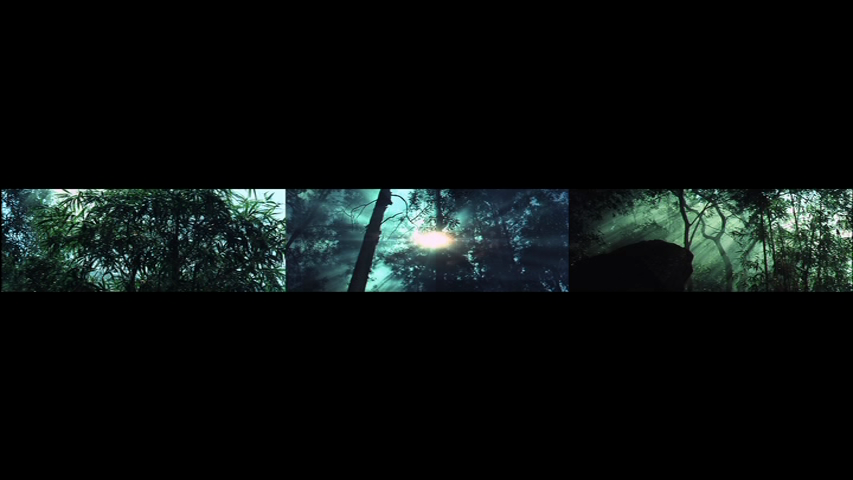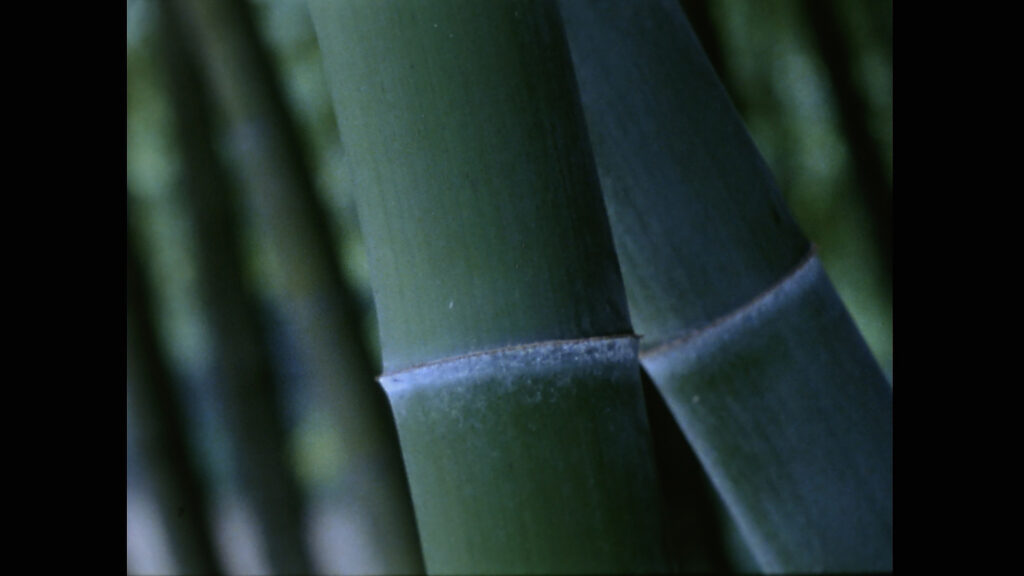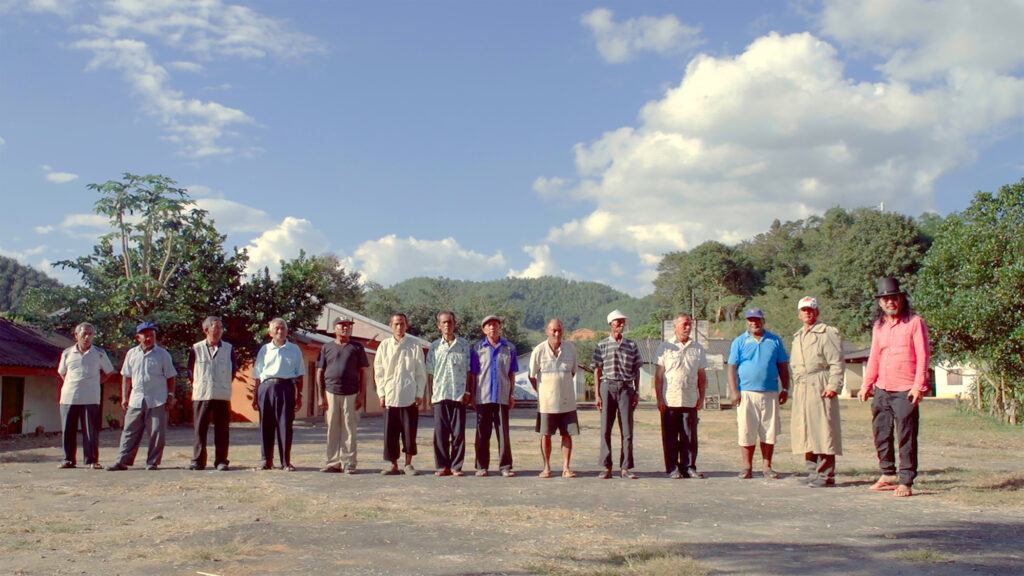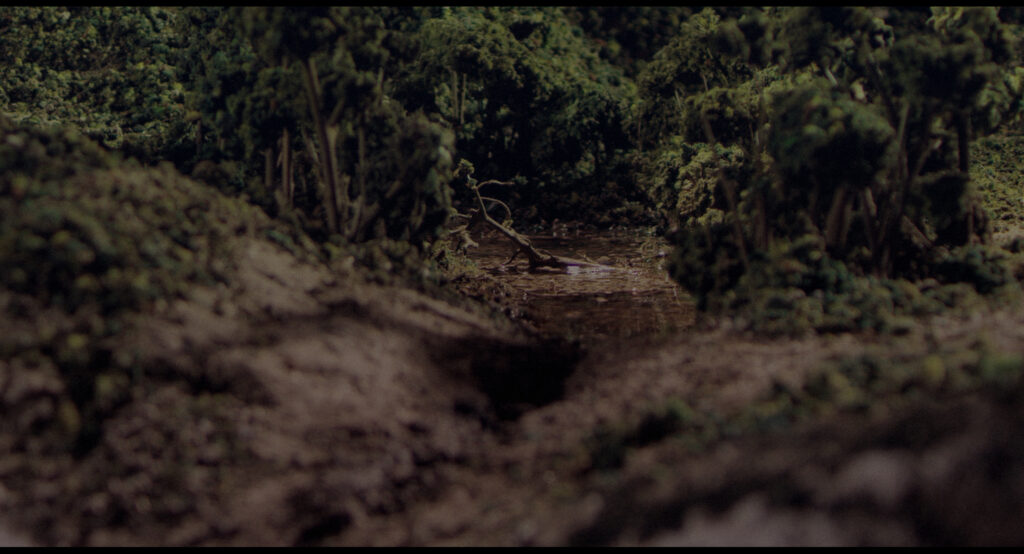Fifth Cinema begins with a quiet statement “I am a filmmaker, as you know.” That text and what follows, by Maori filmmaker Barry Barclay, who coined the term ‘Fourth Cinema’ to distinguish Indigenous cinema from the established ‘First, Second, and Third Cinema’ framework, provides structure to Nguyễn’s hybrid essay film that moves on multiple cinematic and topical terrains. Eschewing voice in favour of the written word and juxtaposing moving images of the filmmaker’s own daughter with archival images of Vietnamese women seen through the lens of the “ship’s officers”, the film slowly leads the viewer through a narrative of colonialism, indigeneity and cinematic limitations in representation. —Nguyễn Trinh Thi



